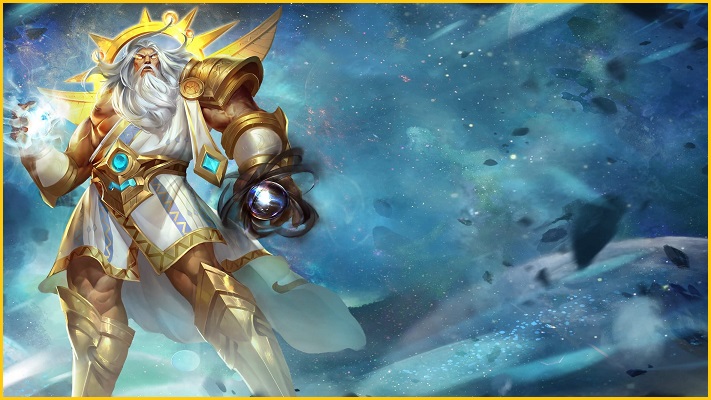Sydney-based blockchain company Immutable has secured $82 million from a Series B funding round as it looks to expand the reach of its non-fungible tokens (NFT) and gaming technology.
Robbie Ferguson, co-founder of Immutable, said the cash splash will help his company scale-up its platform that he hopes will make NFT usage more common among the wider community.
“NFT trading is a terrible mainstream user experience right now,” he said.
“It’s expensive, illiquid, and the only existing scaling solutions compromise the most important thing – the security and userbase of Ethereum.”
Immutable runs what is known as a ‘layer two solution’ for the Ethereum blockchain designed to make the network – which is notoriously slow and expensive to transact on – more accessible and user-friendly.
Rather than writing direct to the Ethereum blockchain, layer two solutions bundle up a large number of transactions, which includes those for assets like NFTs, before writing them to the main network.
The company launched its Immutable X platform in April, and Ferguson hopes it will help encourage more companies to consider blockchain adoption.
“We want businesses to create their game, marketplace, or NFT application within hours via APIs, with a mainstream user experience,” he said.
“No blockchain programming required.”
Immutable’s latest investors include BITKRAFT Ventures, King River Capital, and AirTree Ventures and brings the company’s total capital raised to $105 million.
Jens Hilgers, founding partner of BITKRAFT Ventures and long-time esports entrepreneur, said he believes blockchain is the future of gaming and is “encouraged” by the Ethereum ecosystem.
“To support and accelerate this shift [to blockchain], the industry is in need of a scalable, fast, efficient and trusted blockchain layer,” he said.
Gaming is key market segment Immutable is targeting.
The Australian company has an in-house game studio with two major titles that integrate NFTs: Hearthstone-like card game Gods Unchained and action RPG Guild of Guardians.
Both games champion players’ ownership of in-game assets in the form of tradeable NFTs and are part of a growing trend in what’s known as play-to-earn gaming in which gaming rewards can be traded for cryptocurrency and, in turn, fiat currency.
The uptake of play-to-earn gaming – which is yet to be adopted by the major players in the industry – could signal a major shift away from the unidirectional currency transactions that currently take place in most video games where players spend money on in-game assets like character and weapon skins but usually can’t withdraw the value of that asset.
Guild of Guardians game director Derek Lau previously told Information Age he thinks play-to-earn could upend the existing gaming industry, and that Immutable is on the ground floor.
“You’re playing the game, you’re having fun, you’re strategising with friends – there’s all these different elements of it – but you’re also earning money as well,” he said.
“That’s where we think the industry is heading and we’re big believers in the potential for disruption.”
The company’s latest investors are likely banking on this being the case.
“[Co-founders] James and Robbie [Ferguson] live and breathe this space and have positioned Immutable at the forefront of this rapidly evolving market with the team and the IP to solve one of the biggest problems that exists on the web today – proof of ownership,” said partner with AirTree Venture, John Henderson.
While investors and developers are bullish on crypto-assets, the federal government is taking a close look at the cryptocurrency industry to see how it will tackle regulation as adoption increases.
One problem the government faces is how financial regulators will treat assets, like NFTs, that don’t quite fit the closely monitored category of a ‘financial product’.
During a parliamentary committee hearing last month, Cathie Armour, commissioner of the Australian Securities and Investments Commission (ASIC), recognised that “some of the crypto products that we’ve seen seem to fit into that category [as a financial product] and others don’t”.
“There are also some that could fit into the category which probably were not intended to be financial products – they’re set up for another purpose, a non-financial investment purpose.”










